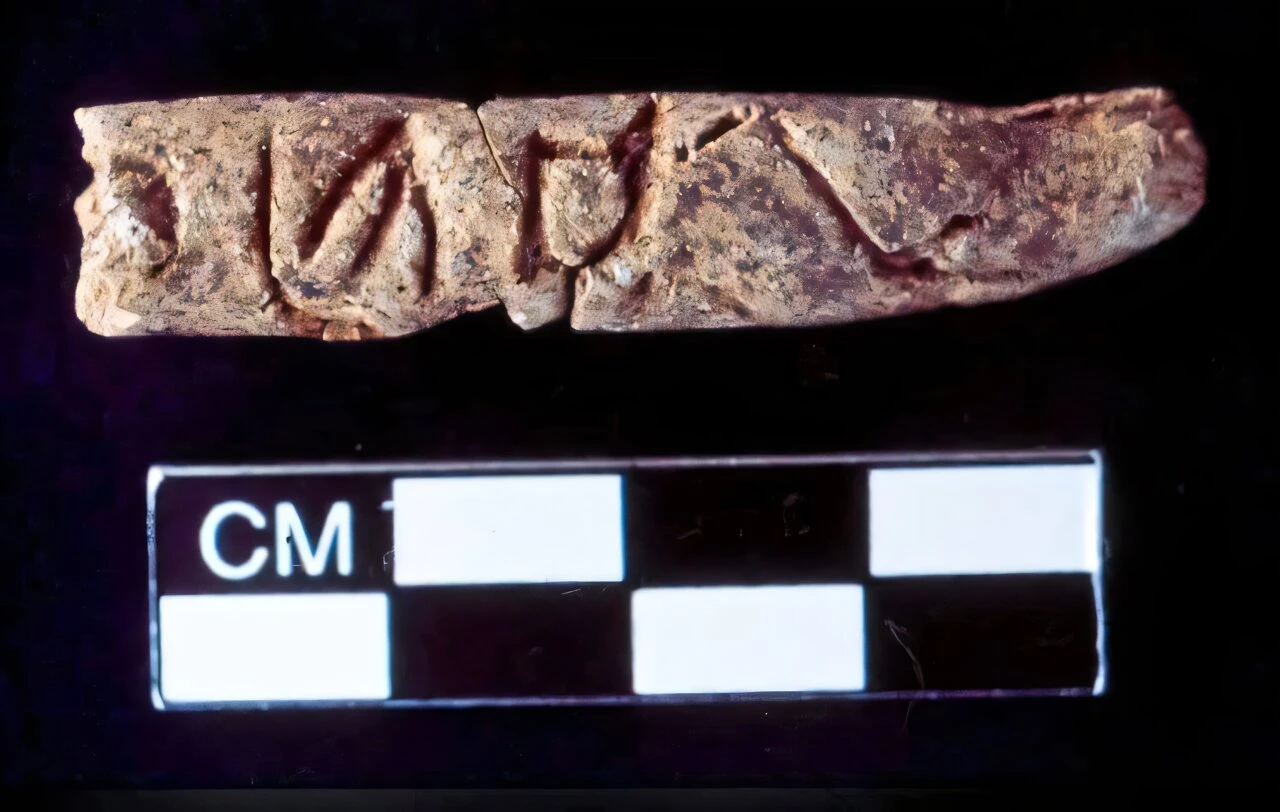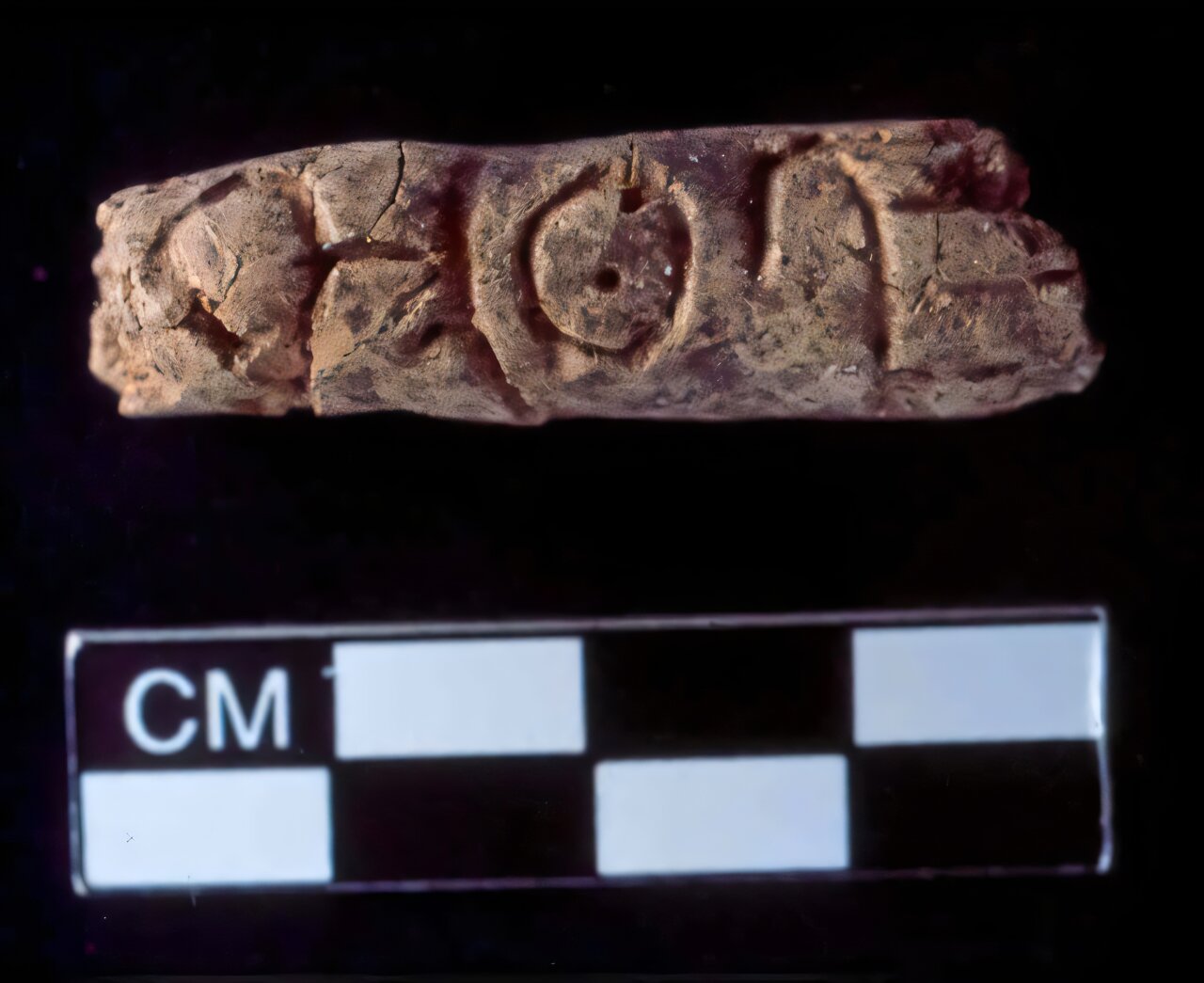Discovery of oldest known alphabet in Syria could change ancient writing history
 Clay objects roughly the size of fingers were discovered during a dig at the ancient city of Umm el-Marra. The engraved symbols may be part of the earliest known alphabet. (Photo via Glenn Schwartz/ Johns Hopkins University)
Clay objects roughly the size of fingers were discovered during a dig at the ancient city of Umm el-Marra. The engraved symbols may be part of the earliest known alphabet. (Photo via Glenn Schwartz/ Johns Hopkins University)
A groundbreaking discovery in Syria is rewriting the history of the alphabet. Researchers from Johns Hopkins University have unearthed what could be the earliest example of alphabetic writing, dating back to around 2,400 B.C.
This discovery is challenging previous assumptions about the origin and evolution of written communication.
Ancient clay cylinders reveal earliest alphabetic script
The discovery was made at Tell Umm-el Marra, an ancient city in western Syria. Archaeologists uncovered small, finger-sized clay cylinders that are engraved with symbols believed to be part of the oldest known alphabetic writing.
The clay objects, found in a tomb, are thought to predate other known alphabetic scripts by approximately 500 years, shaking up what experts thought they knew about the development of alphabets.

Discovery could rewrite history of early urban civilizations
Glenn Schwartz, a professor of archaeology at Johns Hopkins University and the lead researcher, explained the significance of the find.
“Alphabets revolutionized writing by making it accessible to people beyond royalty and the socially elite,” he said. “Alphabetic writing changed the way people lived, how they thought, how they communicated. And this new discovery shows that people were experimenting with new communication technologies much earlier and in a different location than we had imagined before.”
Significance of tomb and artifacts
The tomb where the cylinders were found dates back to the Early Bronze Age, and inside, researchers also found well-preserved skeletal remains, jewelry, cookware, and pottery. One of the tombs contained six skeletons along with gold and silver artifacts, as well as a spearhead.
The discovery of the engraved clay cylinders next to the pottery vessels suggests they may have been used as labels, possibly to describe the contents of a vessel or its origin.
Rewriting alphabet’s origins
Until now, scholars believed that the alphabet originated in Egypt around 1900 B.C.E. However, Schwartz’s team, using carbon-14 dating techniques, confirmed that these artifacts are older, and the writing was found in a completely different region. This suggests that the origins of the alphabet may be far more complex than previously understood.
The new findings suggest that the development of alphabetic writing may not have started in Egypt, but in the ancient Near East, far earlier than previously thought. This discovery could significantly reshape the understanding of ancient communication and the cultural exchanges that influenced early urban civilizations.
Implications for study of ancient writing systems
Schwartz will share more details about the discovery at the American Society of Overseas Research’s Annual Meeting on Thursday. The discovery promises to spark further debates among historians and archaeologists regarding the true origins of the alphabet and its spread across different societies.
As researchers continue to explore the implications of these ancient texts, the discovery of the earliest known alphabet offers a new chapter in the history of writing, with potential revelations about early human communication and civilization.



